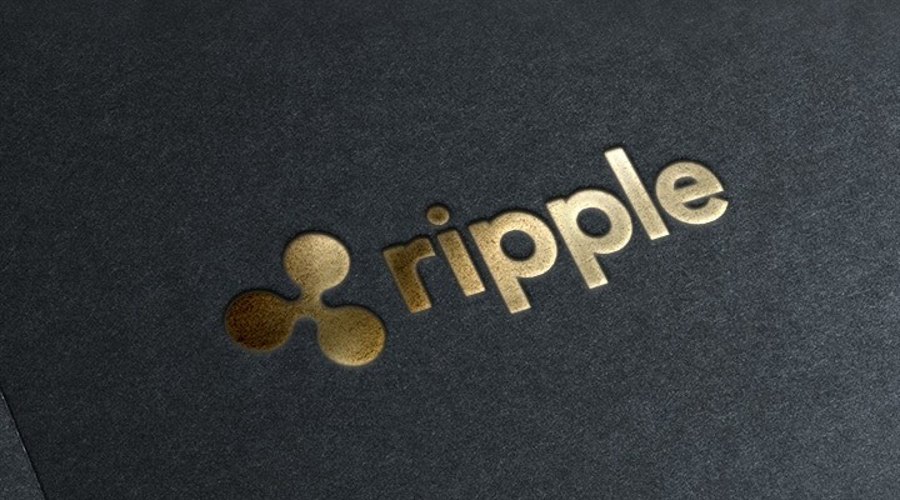The ongoing
legal struggle between the Securities and Exchange Commission (SEC) of the
United States and Ripple, the blockchain-based payment network, has piqued the
interest of the cryptocurrency and financial services industries. This
drawn-out legal saga revolves around whether Ripple’s XRP cryptocurrency should
be categorized as a security, subjecting it to federal securities regulations.
We explore the
latest developments in this high-stakes courtroom battle, which has huge
consequences for the cryptocurrency industry and the broader financial markets.
The History
of the SEC vs. Ripple Case
The SEC
filed a lawsuit against Ripple Labs Inc., its CEO Brad Garlinghouse, and
its co-founder Christian Larsen in December 2020, which marks the beginning of
this judicial battle. The key contention of the SEC was that Ripple’s issuance
of XRP coins represented an unregistered securities offering worth more than
$1.3 billion. Ripple vigorously denied these charges, claiming that XRP should
not be classed as a security and that the SEC had overstepped its authority.
The Most
Recent Developments in the Case
Recent
procedures in the SEC vs. Ripple case have shed light on important parts of the
disagreement. Notably, the SEC’s approach to get internal papers from Ripple
has been met with opposition. Certain internal discussions and notes, according
to Ripple, are protected by attorney-client privilege. This issue has slowed
the investigation and sparked concerns about openness.
The U.S.
Magistrate Judge Sarah Netburn ordered in August 2021 that Ripple must produce
internal communications that are not covered by the attorney-client privilege.
This conclusion, however, does not address the broader question of whether XRP
is a security or a cryptocurrency, which remains at the heart of the case.
The Impact
of the SEC on the Cryptocurrency Industry
The SEC’s
pursuit of Ripple has caused ripples in the cryptocurrency market, with several
projects and investors anxious about regulatory clarity. This case’s conclusion
could set a precedent for how cryptocurrencies are classified and regulated in
the United States.
If the SEC wins
and XRP is classed as a security, it could have far-reaching implications for
other cryptocurrencies that are also under review. This might result in
heightened regulatory…
























